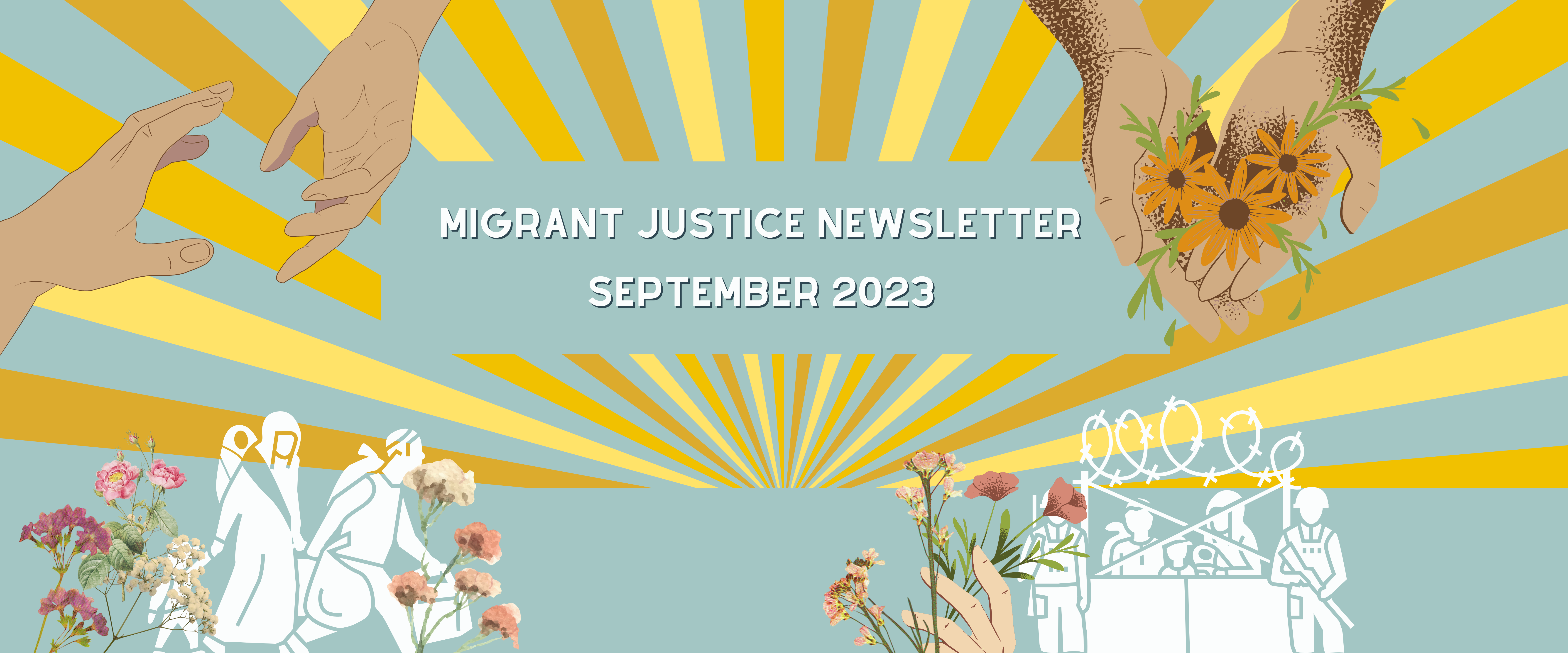Colombia's government issued a long-awaited public apology for the extrajudicial killings of 19 civilians during a violent period in the nation's civil war. The victims, mistaken as rebel fighters, were killed by the military between 2004 and 2008. Defense Minister Iván Velásquez expressed deep regret and asked for forgiveness from the victims' families. The killings involved young men lured with false promises, shot by soldiers, and presented as combat casualties to secure promotions. Previous administrations had avoided public apologies, but the current government, led by President Gustavo Petro, has been more cooperative with investigations into war crimes. Despite the apology, many families are not ready to forgive, and they demand accountability from politicians, including former President Santos, who apologized privately in 2021. The public apology aims to rebuild trust between the military and communities affected by human rights violations, especially as the government seeks peace deals with remaining rebel groups.
- Home
- About Us
- Issues
- Countries
- Rapid Response Network
- Young Adults
- Get Involved
- Calendar
- Donate
- Blog


